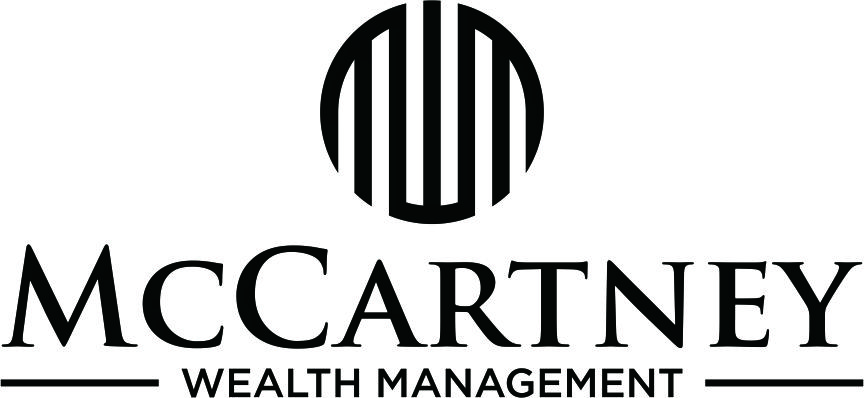This is a very difficult time with the COVID-19 pandemic percolating. We hope you are all safe and handling this in the best possible manner.
In addition to your health and wellbeing, we take your financial independence seriously, and it is difficult to deal with the volatility of your wealth during these difficult times. Investing in uncertain times is really hard. It is important to take a step back and think about your time horizon for investing. Please remember, we are not speculating. However, as volatility increases, that is the tendency for many investors.
Investing in the stock market is risky, especially in the short-term. The remainder of this communication is mainly going to be slides in the link immediately below to give a longer-term perspective of how markets have reacted in the past.
Please review the presentation closely. It should take no longer than 10 minutes. It is our advice that if you do not have cash needs over the next year, it is better to stick to your long-term plan. We are happy to discuss that with you.
With regard to the presentation attached, it is interesting to note that it is impossible to find ANY pattern in the day to day movements in stock prices. Further, with all the crises from the past, including World War 2, the Korean War, Vietnam War, Oil Embargo of 73-74, Inflation of 1980-81, Savings and Loan Crisis of 1990, Iraq War of 1991, Russian Financial Crisis, Tech Bubble of 2000-2003, 9/11, and the Great Recession of 2007-2009, the markets have continued to trend up, with the S&P 500 averaging almost 10% annualized since 1926.
I want to point out one other thing. The Congressional Budget Office modeled a major pandemic and its impact on the economy in 2006. Their report was uncannily accurate on scenarios that would occur, which included:
· “The virus would spread widely in a very short time. On the basis of experience with severe acute respiratory syndrome (SARS) in 2003, a pandemic influenza virus would be expected to cross national borders very rapidly.
· A rapid surge in the number of cases in each affected area would occur very quickly, within weeks. The number of cases would vary with the severity of the outbreak, but there would be a sharp increase in demand for medical services.
· The pandemic would probably spread across geographic areas and vulnerable populations in waves. In any given geographic region, each wave could last for three to five months, and a second wave could appear anywhere from one to three months after the first disappears.”
In addition, the report suggested a severe pandemic would be a “shock” to the economy, with both demand and supply-side effects in the short run. In addition, there would be longer” term supply side effects. In their severe scenario, they stated that the human toll could be devastating and the “economic effects would be greater than in recent recessions and roughly the same size as the average postwar recession.”
However, even with the assumptions above, they concluded that “the economy’s response to natural disasters demonstrates that people can adapt to extreme hardship and businesses can find ways to work around obstructions. As a result, economic activity would recover, and the economy would eventually return to its previous trend growth rate.” In addition, they stated that ‘It seems quite likely that the stock market would fall initially and then rebound later, as it did in Hong Kong during the SARS episode.”
Although this is only a model, and not reality, the depth of their analysis gives me hope for the second half of 2020 and 2021.
Here is Goldman Sachs outlook as of last week for year-end S&P 500, which is about 18% higher than Friday’s close.

No one knows if they are right, but they have a decent outlook for the 2d half of the year.
Full Congressional Budget Office report here.
https://www.cbo.gov/sites/default/files/109th-congress-2005-2006/reports/12-08-birdflu.pdf
We sincerely hope that you remain safe and well. If we can do anything to make your life easier, please let us know.
Best,
Mike and Emily
P.S. We want to thank Charles Schwab and Dimensional for access to such high-quality research. We are truly appreciative.

